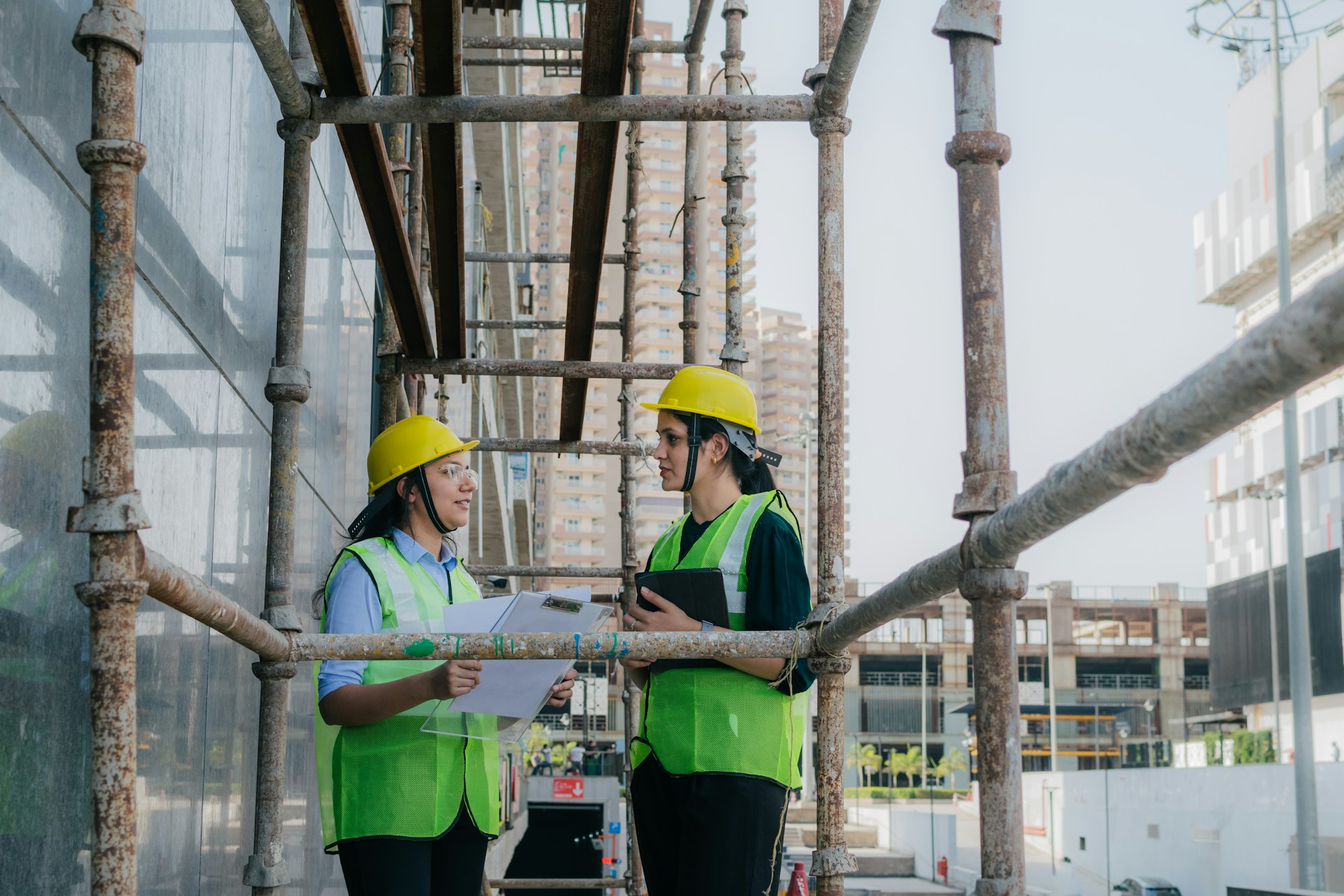Civil construction forms the backbone of our daily lives, shaping everything from the roads we drive on to the bridges and buildings we use. It’s a vital field that requires careful planning and execution to ensure safety, stability, and sustainability. The process involves a myriad of steps, each crucial to the success of a project. However, in the hustle to meet deadlines and budgets, common mistakes can occur, jeopardizing the project’s outcome and the safety of those involved.
Avoiding these common pitfalls isn’t just about ensuring the project is completed on time and within budget; it’s about maintaining the integrity of the structures we rely on daily. Understanding these mistakes and knowing how to prevent them can set the foundation for successful civil construction projects. Let’s explore how clear communication and proper planning can significantly impact the success of civil construction efforts.
Miscommunication in Project Planning
Clear communication is a cornerstone of any successful civil construction project. When planning, all parties involved—from architects to contractors—must have a well-defined understanding of the project’s scope and objectives. Unfortunately, miscommunication is a common issue that can lead to delays, increased costs, and compromised safety.
Common communication pitfalls include:
– Assumptions: Assuming that everyone is on the same page without verifying can lead to misunderstandings.
– Lack of clarity: Vague instructions or unclear goals can create confusion.
– Inadequate documentation: Failing to document conversations and agreements can result in disagreements later.
Avoid these pitfalls by implementing the following strategies:
– Regular Meetings: Schedule regular meetings to discuss progress and address any concerns or changes in the plan.
– Clear Documentation: Keep thorough records of all communications, including emails, meeting notes, and contract amendments.
– Open Channels of Communication: Encourage open lines of communication where team members feel comfortable sharing ideas and concerns.
By focusing on effective communication, teams can streamline processes, preemptively address issues, and ensure everyone involved is moving in the same direction. This proactive approach reduces the risk of errors and contributes to the project’s overall success.
Inadequate Site Assessment
Conducting a thorough site evaluation is a crucial step before any construction begins. It provides essential details about ground conditions, access logistics, and environmental challenges that might arise. Miss this step, and it could result in costly rework, delays, or even structural issues later on.
Common mistakes during site assessments include neglecting to check soil stability, underestimating water drainage requirements, and overlooking potential environmental hazards like protected ecosystems. Such oversights can lead to structures being built on unstable grounds or cause unexpected flooding issues.
To conduct an accurate site assessment:
– Hire Experienced Surveyors: Experts who know what to look for will dramatically improve the accuracy of your assessment.
– Use Appropriate Technology: Geotechnical surveys, drone footage, and 3D mapping provide valuable site information.
– Collaborate with Environmental Experts: Understanding local environmental laws and conditions helps avoid unnecessary fines and project halts.
This approach provides a comprehensive understanding of the site and averts problems that could emerge down the line.
Poor Budget Management
Budget management is more than just tracking expenses; it’s about ensuring resources are allocated wisely to maximize value without compromising quality. Effective budgeting prevents unforeseen costs that could derail a project.
Common budgeting complications include:
– Overlooking Small Costs: Failing to account for minor expenses can result in large overruns.
– Inaccurate Estimates: Unintentional lowballing of material and labour costs can quickly deplete funds.
– Insufficient Contingency Plans: Not having a backup budget for unexpected expenses makes projects vulnerable to delays.
To maintain a balanced budget:
– Create Detailed Cost Plans: Break down every aspect of the project into detailed costs to prevent surprise expenses.
– Regular Budget Reviews: Frequently assess your budget against actual spend to identify discrepancies early.
– Include Contingency Funds: Setting aside funds for emergencies ensures stability even if unexpected costs arise.
Using these strategies helps keep projects on track financially and supports smooth execution.
Ignoring Environmental Factors
Overlooking environmental factors is a common mistake that can have significant consequences. Elements like local wildlife, weather patterns, and pollution levels can influence both the construction process and the final structure’s longevity.
Typical challenges include failing to account for adverse weather or neglecting local flora and fauna, leading to project delays and regulatory fines. Pollution concerns can also arise if not properly managed, impacting both construction workers and nearby residents.
Address these issues with the following tips:
– Conduct Environmental Impact Assessments: Evaluate how your project will affect and be affected by the environment.
– Implement Eco-Friendly Practices: Utilizing green building materials and efficient waste management can mitigate environmental impact.
– Stay Informed on Local Legislation: Regulations change, so keeping current avoids legal setbacks and eases compliance with standards.
By integrating these considerations, projects not only comply with regulations but also contribute positively to their surroundings.
Finish Strong
The success of a civil construction project lies in its details. Avoiding common mistakes isn’t just about sticking to the schedule and managing costs; it’s about creating structures that are safe, sustainable, and serve their purpose effectively. Attention to planning, understanding the site, managing the budget, and respecting the environment form the core of successful projects.
In the end, it’s essential to be proactive in addressing these potential pitfalls. By doing so, you can ensure the enduring success of your civil construction efforts. With knowledge and the right expertise, these obstacles become manageable, leading to projects that stand the test of time.
Ready to turn knowledge into action on your next project? Contact us to explore how Industra Construction Corp. can help you execute your project efficiently and effectively. Our expertise in civil construction ensures that everything from planning to execution is handled with care, reducing costly mistakes and building structures that last. Let’s construct something great together!

















